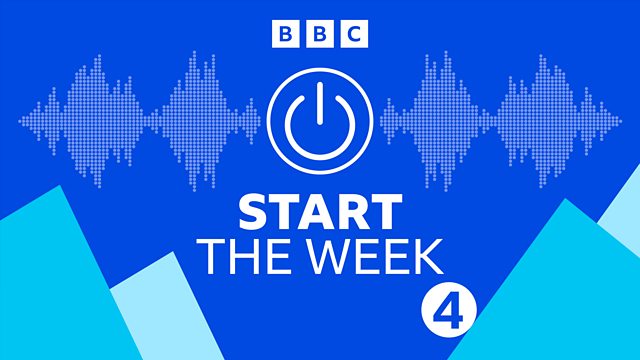Opium trade to synthetic opiates
Amitav Ghosh, Richard Brittan and Fiona Measham discuss the iniquitous trade in opium in the 19th century to synthetic opiates today, with Tom Sutcliffe.
The trade in opium formed a backdrop to Amitav Ghosh’s best-selling novels, The Ibis Trilogy. In his latest work of non-fiction, Smoke and Ashes, he investigates the impact of that trade on Britain, India and China, and follows the money that was made by some of America’s most powerful and well-respected families. He reveals how the poppy plant enabled the financial survival of Empire and proved catastrophic for Indian farmers and Chinese users.
In the 21st century Afghanistan became the biggest grower of poppies, producing more than 80% of the world's opium. The former soldier, Richard Brittan, set up the company Alcis, to provide an accurate picture of what’s going on on the ground in Afghanistan by using satellite imagery. As well as tracking the workings of the drugs trade, he explains the impact of the Taliban ban on poppy cultivation in 2023.
Professor Fiona Measham, Chair in Criminology at Liverpool University, explains that one of the effects of the disruption to the opium trade has been a large increase in the number of synthetic opiates – fentanyl and nitazenes – filling the vacuum. China has become the centre for the wider development of synthetic drugs that emulate plant-based street drugs, but are much stronger and potentially lethal. The charity The Loop, set up by Measham, is instrumental in checking drugs to better understand what is being sold on the streets.
Producer: Katy Hickman
Last on
More episodes
Previous
Next
Broadcasts
- Mon 5 Feb 2024 09:00Βι¶ΉΤΌΕΔ Radio 4
- Mon 5 Feb 2024 21:30Βι¶ΉΤΌΕΔ Radio 4
Podcast
-
![]()
Start the Week
Weekly discussion programme, setting the cultural agenda every Monday


